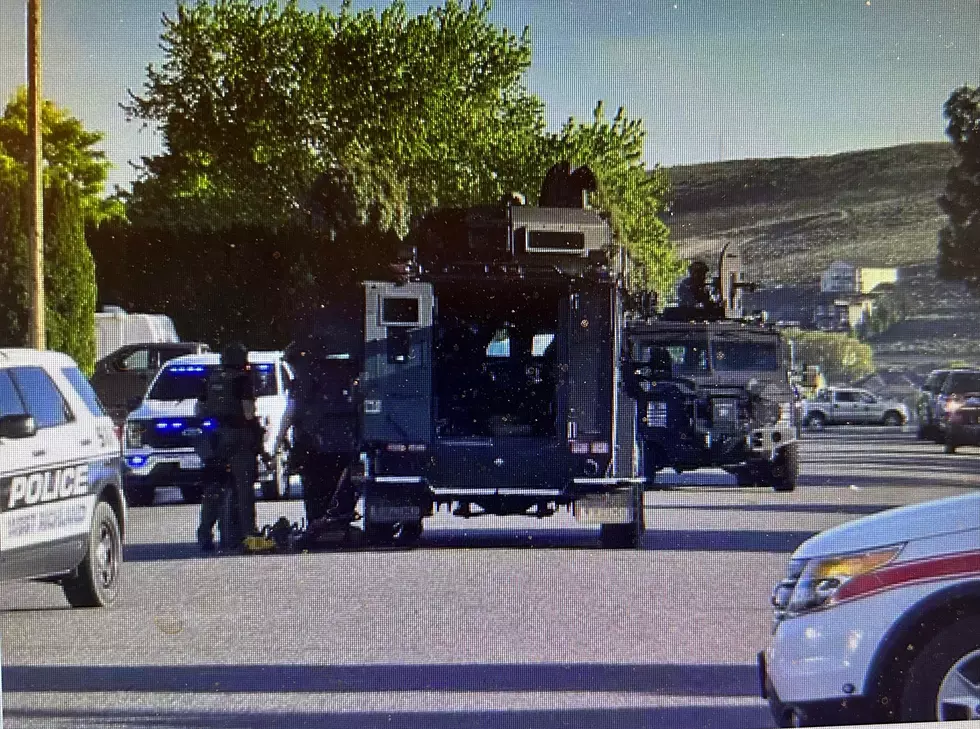
Real Food Instead Of Food Stamps – Does That Make Sense?
There is big chasm between budget proposal and actual public policy but this idea from the President is interesting. Food Stamps -The Supplemental Nutrition Assistance Program or SNAP, is the country's 3rd largest and most visible Federal Program and under the recent Trump Budget Plan the government proposes replacing half of food stamp benefits with actual food in the form of food box deliveries.
But first a bit of history -The Huffington Post reports that "an early version of the food stamp program started around the end of the Great Depression, when lawmakers wondered why the U.S. government had intervened to help struggling farmers by buying up excess crops, but didn’t have a program for hungry people."Enter food stamps, a program that in its infancy helped about 3 million families.
Under welfare reform in 1996, able bodied people without kids were required to look for work in order to receive food stamps but later states were
allowed to waive those rules as part of 2009 economic stimulus. While the economy slowed to a crawl, food stamp enrollment soared to record levels – peaking at nearly 48 million nationwide in 2013.
That number has dipped gradually and has gone down by an additional two million with Trump in office. Part of the reason for the decline is that some states have moved aggressively to push recipients who can work to get back into the job market and in due time, off the program.
The program is up for consideration this year as part of the five year review of the federal farm program and an item in the budget plan put forward is a proposal to replace about half of food stamp recipients' monthly cash benefits with food box deliveries. The "America's Harvest Box" would contain American grown and raised items like shelf-stable milk, juice, grains, cereals, pasta, peanut butter, beans, canned meat, poultry or fish, and canned fruits and vegetables.
The administration claims doing this would accomplish three important things: 1.) it would save nearly $130 billion over 10 years, 2.) it would improve the nutritional value of the program, and 3.) it would reduce the potential for fraud.
Not everyone is on board with change of course. Consumer advocates expressed concern that families wouldn't know in advance, or have any choice about, what food they would get and they are concerned about how families would get the boxes, saying it could be a problem if they had to be picked up because some families don't have cars.
More From News Talk KIT









